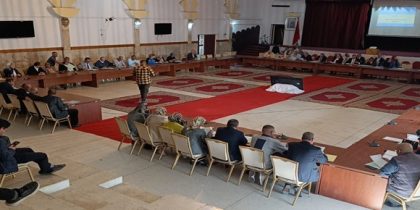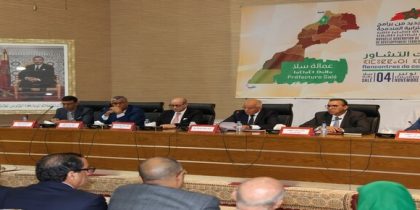Civil society participation in local governance

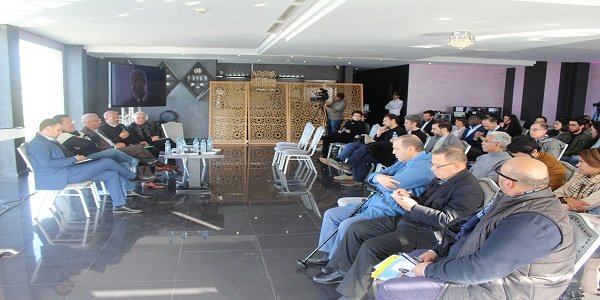
Mr. Jamaâ El Moâtassim, president of the municipality of Salé, took part in a round table on: “The participation of civil society in local governance”, organized by the association Agora, Saturday, March 24, 2018 to Marina in Salé, as part of the annual meeting scheduled for March 23-25, 2018. The seminar was attended by a group of local elected officials, academics and student-researchers.
During his speech, Mr. El Moâtassim stressed the importance of the participation of civil society in the management of local affairs, especially after the adoption of the Kingdom Constitution of the year 2011, and which stipulated expressly on the obligation to respect the principles of participatory democracy, consultation, cooperation and partnership. Especially since the organic law on municipalities has further strengthened these principles, stating the need for the establishment of participatory mechanisms for dialogue and consultation. The president also pointed out that the city of Salé was pioneering to adopt the participative approach in local governance, because of the existence of a powerful, dynamic and active associative fabric. Indeed, the year 2005 was a pivotal year in this area, after the signing of the first Charter of consultation and the constitution of the first advisory committee in the district of Tabriquet, and of which he was the president at the time. Also, this practice has been generalized throughout the municipality during its current mandate, with the collaboration of more than 400 associations grouped into thematic working groups.
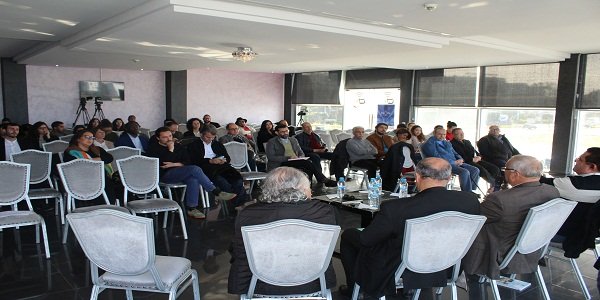
Regarding the institutionalization of public consultation, Mr. El Moâtassim reported that the commune of Salé has developed the mechanism of the “Thursday Concertation”, as a monthly consultation meeting organized on the first Thursday of each month, and bringing together different actors particularly associative organizations, interested parties and all citizens in order to examine issues of crucial importance to local development. As an indication, this consultative mechanism was set up in cooperation with the German Cooperation Agency (GIZ) and the General Directorate of Local Government.
This institutional framework, he added, has created a space for consultation on many issues concerning the future of the city and of concern to the ordinary citizen, as in the case of the administration’s relationship with the citizen user, the environment, the cleanliness, the municipal urban transport service, the project of the municipal development plan; and many of whose recommendations have been translated into partly completed decisions and procedures, while others are being implemented. Similarly, he noted that the communal action plan was fully informed by civil society actors and the general public through some twenty thematic workshops, culminating in the creation of of the Fairness, Equal Opportunities and Gender Approach in April, which should study the draft program before being submitted to the communal council for consideration at its subsequent sessions.
This round table was attended by a panoply of representatives of the civil society like Mr. Fikri Benabdellah, on behalf of the association “Rabat Salé Mémoire”, Mr. Anass Serghini, for the association Bouregreg and Mr. Gazoulit, for the Ribat Al Fath association for sustainable development; which speakers emphasized the importance of the participatory approach in managing local affairs, while reviewing a set of successful experiences in this regard, and to which they have been involved through their viewpoints. In addition, they emphasized the need to institutionalize the relationship between civil society and elected bodies, in order to address the various dysfunctions that afflict the city and achieve the coveted sustainable development, without threatening the future of coming generations.
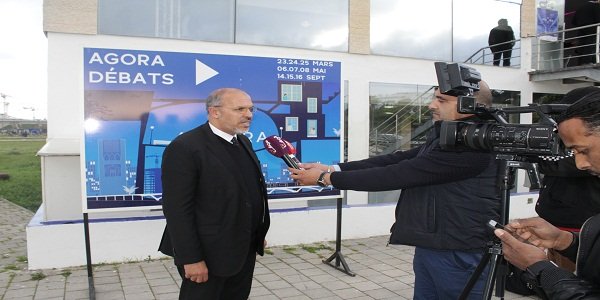
Following the speeches delivered at this meeting, the debate was opened to address a range of issues that are of interest to the attending audience.


